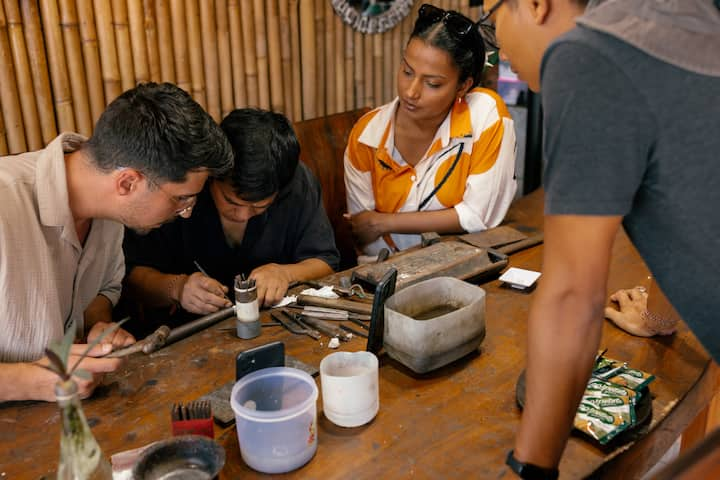INDONESIA
Every door opens more
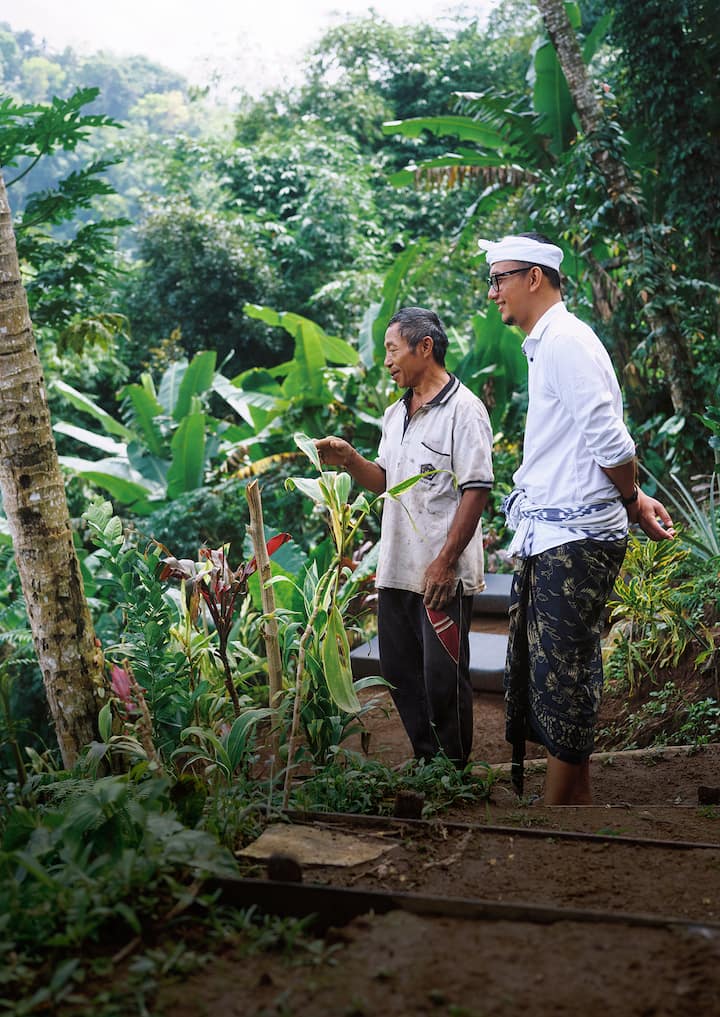
Airbnb’s contribution to Indonesia’s people, places and prosperity
Airbnb’s contribution to Indonesia’s people, places and prosperity
Every Airbnb door opens more. A place to stay becomes a catalyst for connection and growth. A host becomes an employer and a guest becomes a contributor. These small individual choices collectively shape Indonesia’s evolving tourism economy.
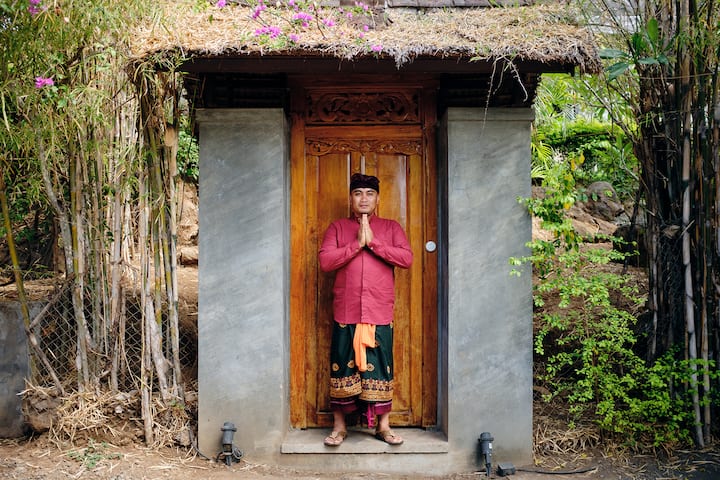
Airbnb helps direct tourism spending to the heart of local life, bringing demand to the same neighborhoods where families live, work, and run small businesses.
Short stays: big impact
Short stays: big impact
In 2024, Airbnb contributed IDR 35.3 trillion to GDP. This included IDR 15.1 trillion in direct impact, IDR 10.3 trillion in indirect impact, and IDR 9.9 trillion from induced economic impact, arising from the spending of wages of workers of business activities that support Airbnb guests. The economic activity generated by Airbnb supported 204,100 jobs and contributed IDR 7.8 trillion in wages to Indonesians working across the tourism ecosystem such as transport, food services, and hospitality. Behind each stay is a network of people whose livelihoods are powered by the flow of guests and the opportunities they bring.
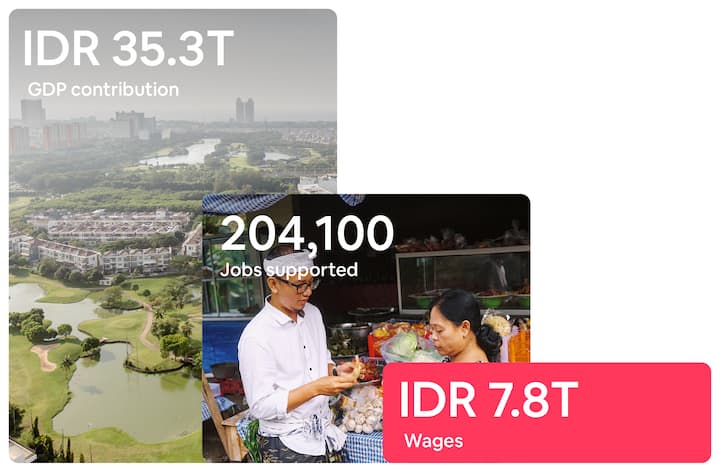
Supporting local communities beyond hosts
Supporting local communities beyond hosts
Airbnb’s economic effect extends beyond the place where guests rest for the night and touch many areas across the economy.
Top sectors by GDP contribution
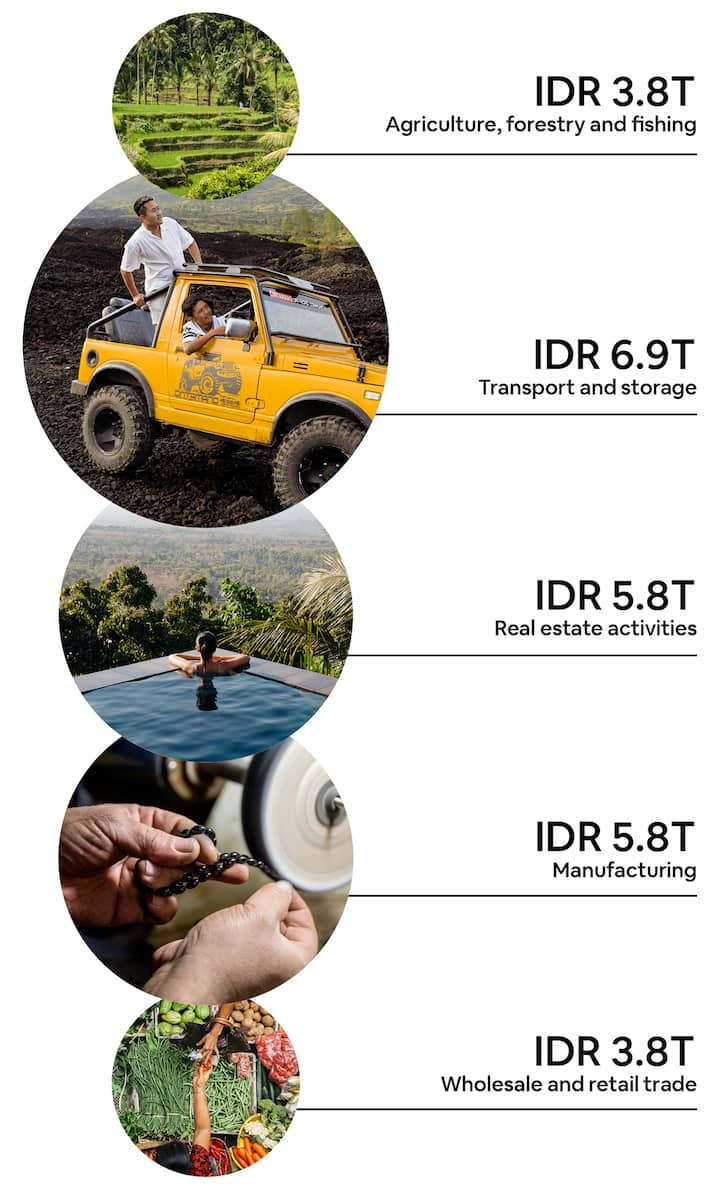

Top sectors by jobs supported
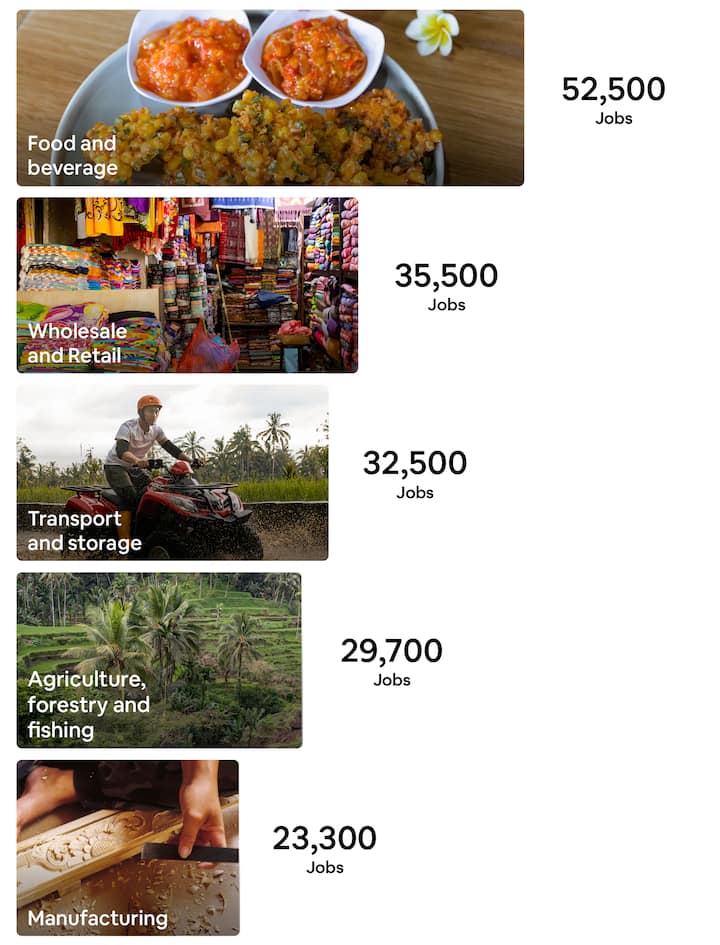

Spending by guests typically includes transport, dining, entertainment and local services. Hosts rely on tradespeople, cleaners, suppliers and other service providers. These ripple effects help bring tourism benefits directly into local communities.
The guests behind the spend
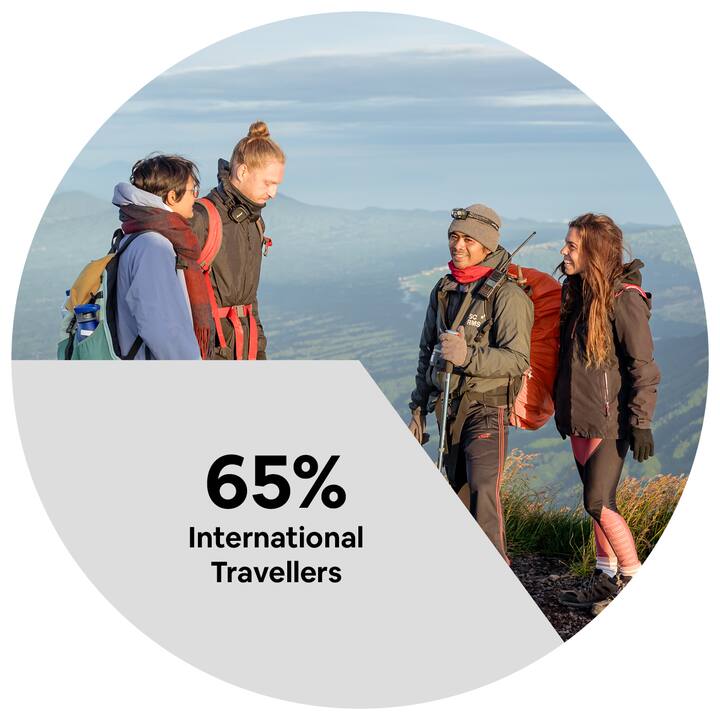
In 2024, 65 percent of Airbnb guests in Indonesia were international travellers. They were drawn by the country’s cultural and natural diversity. With an average daily spend of IDR 2,000,000, guests generated IDR 30 trillion in destination spending which flows into everyday businesses like restaurants, ride-sharing services, supermarkets, and local shops.
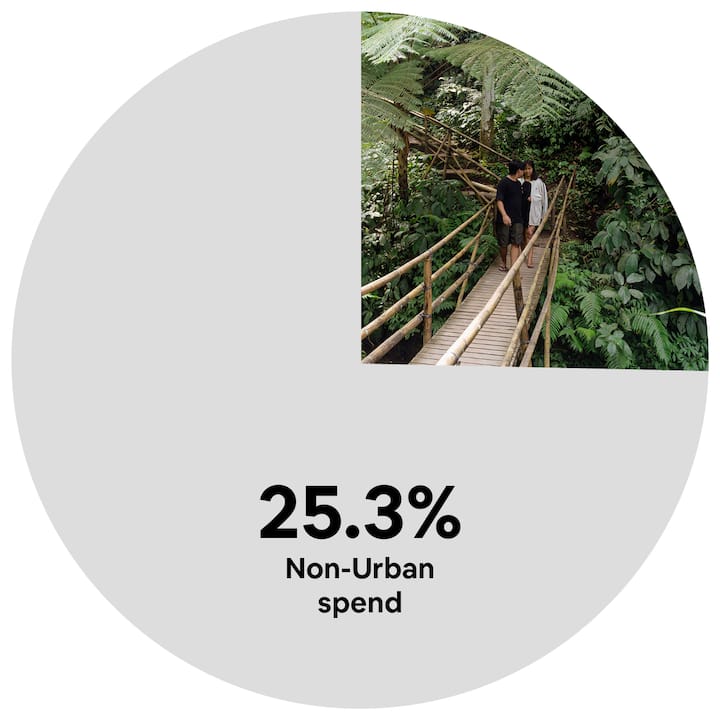
Where they go
In 2024, 25.3 percent of Airbnb accommodation spending occurred in non-urban areas. This shows a growing openness to destinations beyond major cities. It expands the economic footprint of tourism and enables more communities to benefit directly from travel.
Major destinations
While Airbnb’s contribution spans the Indonesian archipelago, one destination stands out for its scale and significance. In 2024, guest spending via Airbnb contributed IDR 17.5 trillion to Bali’s GDP, generated IDR 3.8 trillion in wages, and supported 112,900 jobs across the island. This demonstrates Airbnb’s important role in spreading tourism’s economic benefits more widely across Bali, beyond traditional hotspots. By empowering local hosts and small businesses to earn income, Airbnb fosters a more inclusive, community-driven tourism model that supports Bali’s cultural heritage and environmental sustainability.
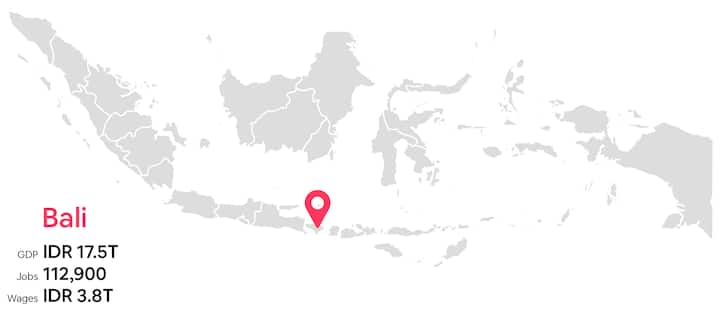

Host spotlight
The impact begins with people who choose to participate. Hosts in Indonesia range from families in cultural villages to apartment owners in urban centres. Their listings provide flexible income, support household costs and connect travellers to local places.
Dede
Bali, Indonesia
"When the pandemic halted tourism in 2021, I returned to my village in Bangli, East Bali, after years of hosting in Denpasar. What began as a necessity became a chance to build something meaningful. Using recycled materials, I created one listing rooted in tradition and local life, now there are twelve. Our accommodations reflect the culture, environment, and rhythm of the village. Hosting has sparked local jobs, supported small businesses, and revived environmental care, especially around our spectacular waterfalls. More than recovery, it’s been about cultural renewal and creating a sustainable future, one that keeps our identity and community at its heart."
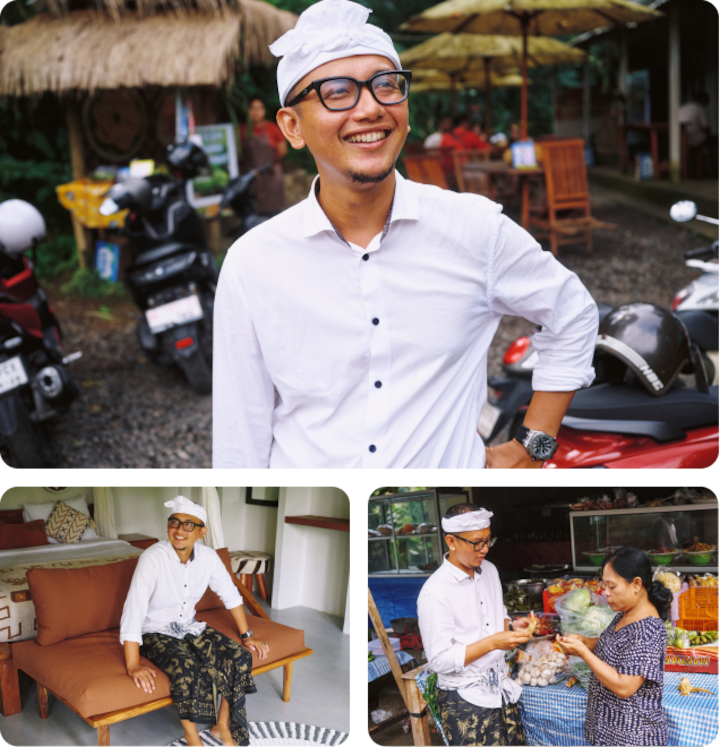

About the report
Airbnb commissioned Oxford Economics, a world-leading economic analysis and forecasting firm, to assess the impact of Airbnb’s ecosystem on communities throughout Asia Pacific.
Our work in Indonesia
Related links
Data source: Airbnb, Oxford Economics. Data based on 12 months from 1 January to 31 December 2024.

